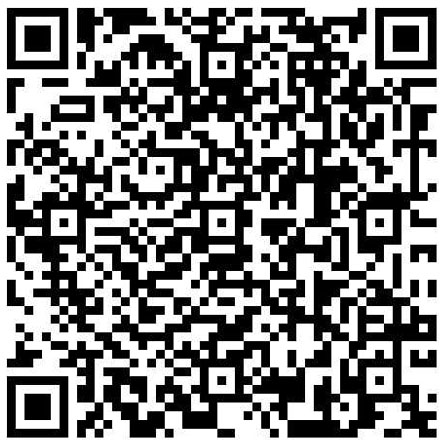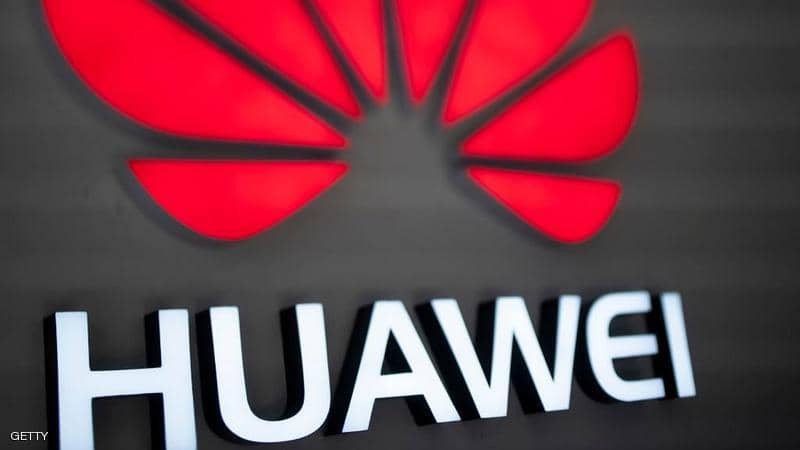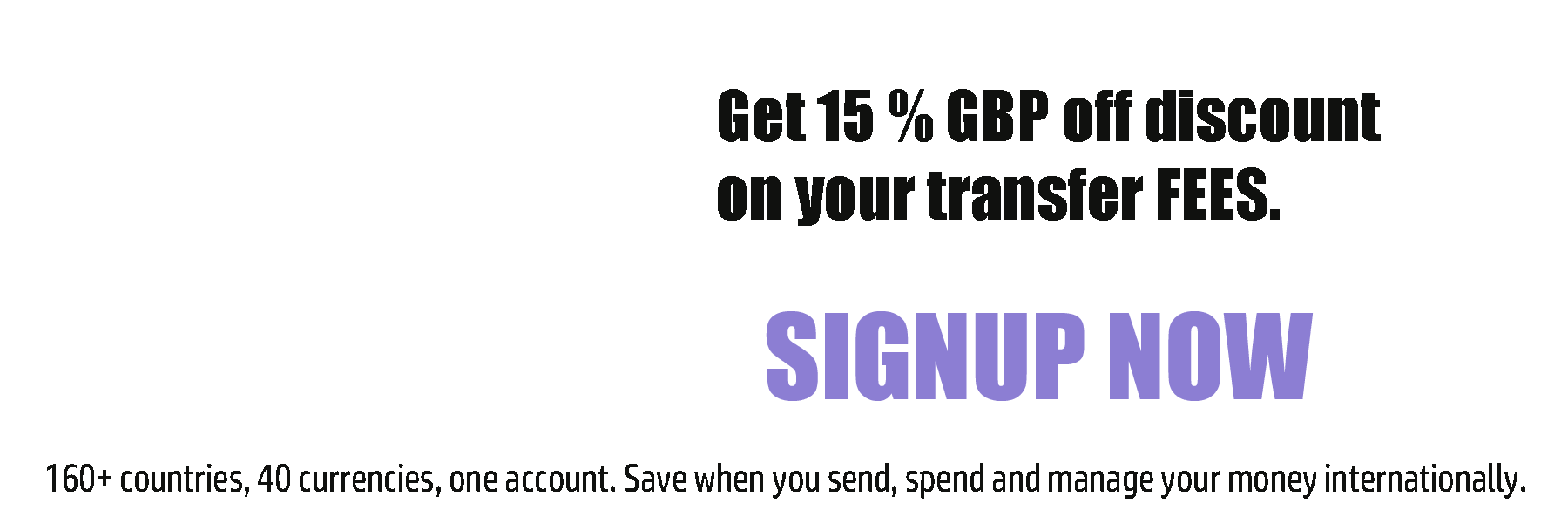Executives and experts have warned that increased US restrictions on Huawei will likely hinder the Chinese company’s access to even already-ready chips, threaten its throne as the world’s largest smartphone maker, and disrupt global technology supplies.
On Monday, the administration of US President Donald Trump expanded the restrictions it imposed on Huawei and prevented suppliers from selling chips made using the company’s US technology without a special license, which led to the closure of potential loopholes in the May sanctions that may have allowed Huawei to obtain this technology, through Third parties.
These restrictions confirm the growing disagreement in Sino-US relations, as Washington is pressing governments to tighten the screws on Huawei, indicating that the company will deliver the data to Beijing for espionage purposes. Huawei denies it is spying for China.
“If the suffocation against Huawei continues, this will have repercussions on the semiconductor sector … and the Chinese response remains unknown and represents a great danger,” said Neil Kampling, head of technology, media and communications research at Mirabod Securities.
The tech giant’s activities have faced difficulties since the United States first blacklisted him a year ago.
“Jefferies” company said in a note that if Huawei could not find a source to obtain the chips as a result of tightening restrictions, “it is likely that its mobile phone activities will disappear.”
Other brokers, including JP Morgan, have taken this view, adding that this should give players like Xiaomi and Apple a chance to increase their market share.
Huawei did not respond to requests for comment.
Experts said the US ban was a setback for chip suppliers as well, at least in the short term, as they must apply for licenses that comply with the new rules.
It is not clear how many suppliers will request these licenses and whether they will obtain them.
In Asia, memory chip manufacturers may be affected, including Samsung and SK Hynix in South Korea, Sony in Japan and MediaTech in Taiwan, according to a source in the chip industry.
MediaTech, which counts Huawei as a major customer, plunged 10 percent on Tuesday.
In Europe, German chip maker Infineon, which counts Huawei as a major customer for its energy management products, and Austrian AMS, which specializes in sensors, said they were reviewing the impact of the latest US restrictions.
Several questions remain about how to implement the new restrictions and how tough the position Washington intends to take.
Political risk consulting firm Eurasia Group said in a note that, for example, a semiconductor seller may be asked to “know where all of his products end up so that he does not participate in any transaction in which a Huawei subsidiary might be a buyer or a consignee, whether he is a middleman or Permanently, or an end user, “according to what was reported by” Reuters “.
But it is likely that there will be some long-term winners if Huawei is forced to abandon its position as the largest smartphone maker in the world.
“Huawei currently has 45 to 50 percent of the market share in China, and if this situation is affected, it is likely that Xiaomi, Oppo and Vivo will be among the biggest beneficiaries,” said Jokol Hariharan, an analyst at JP Morgan, referring to the Chinese smartphone makers.
“It is also possible that Huawei will lose more ground in the smartphone sector internationally and base 5G base stations, which could benefit Samsung. Apple’s supply chain could also benefit from a potential increase in iPhone share,” he added.
The Bernstein Research Foundation said in a note, NTSMC, which announced that it will not ship chips to Huawei after mid-September, the damage will be slight in the long term.
Analysts said the ban was also likely to affect US chip makers such as Qualcomm, but those losses were likely to be offset in the long term as Huawei’s rivals posted gains.




